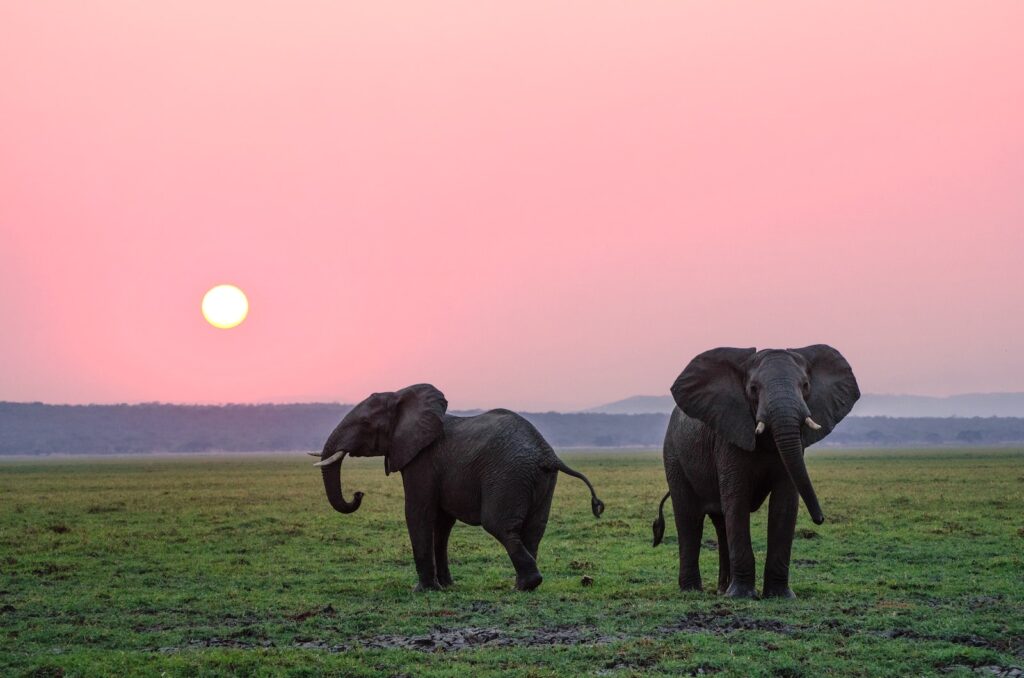Conservation strategies can neglect true value of wildlife
New research analysing the benefits elephants provide to society has shown how conservation strategies can often have too narrow a focus.
Universities in England and South Africa, including the University of Portsmouth, collaborated on the investigation which found strategies often prioritise certain benefits of nature, such as economic or ecological, over others.
The team focused on elephants and have revealed that some certain financial benefits like ecotourism, trophy hunting and the ivory trade often conflict with the ecological, cultural and spiritual value of the animal.

Study co-author Antoinette van de Water, from the University of KwaZulu-Natal in South Africa, said: ‘We chose to look at elephants as the case study because their conservation can be especially challenging and contentious.
‘We’re not saying economic contributions aren’t important, but there’s a lot of different values at play and they all need to be considered in conservation strategies if they are going to succeed.’
Authors of the study say that conservation strategies which don’t fully consider the value systems of all stakeholders involved, including local people, lead to social inequality and conflict and are unsustainable.
Decision makers in control of conservation also tend to take a single worldview when assessing the value of nature, ignoring the other benefits it can produce, including recreation, inspiration, and a boost to mental health and social cohesion.
Co-author Dr Lucy Bates, from the University of Portsmouth, explained: ‘Whether it’s economic, ecological, or social, a blanket approach to values can impact the success of a conservation strategy.
‘Consider something like the ivory trade for example. International trade in ivory is illegal, but many southern African countries want to restart the trade leading to contention across the African continent. If you focus less on the potential economic value of ivory, and turn to other ways elephants can support communities, it can be a game-changer.
‘On a smaller scale, you can also apply this framework to defining protected areas and what land could be made available to elephants. By listening to those living in these areas, you can get a clear understanding of how decisions will affect human life as well, and work out ways to resolve any issues.’
Broader moral values have a big part to play in conservation, according to the study, including human rights, environmental justice, rights of nature and intergenerational legacy.
Incorporating these values related to biodiversity can create a positive loop between benefits to humans and nature and can be applied to other species and ecosystems too.
Photo by Mylon Ollila















